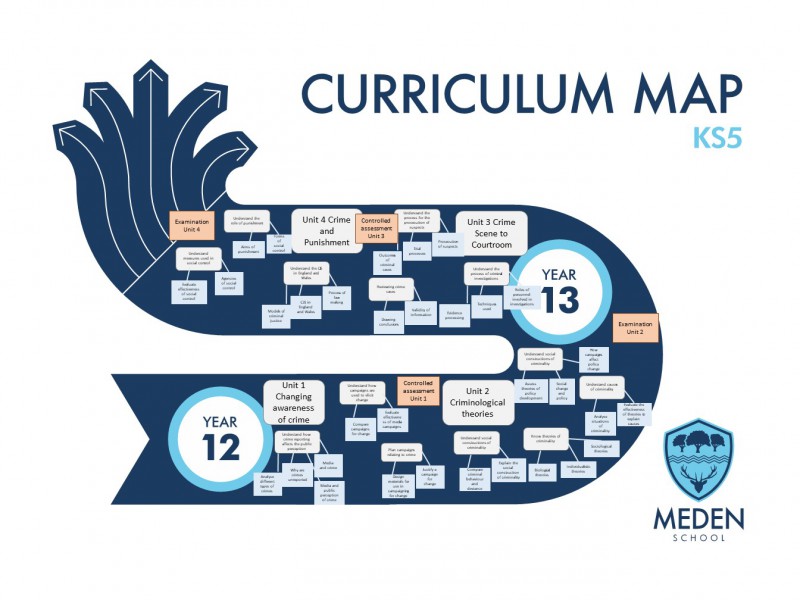Welcome to Criminology
Level 3 Diploma in Criminology will allow students to demonstrate understanding of different types of crime, influences on perceptions of crime and why some crime goes unreported. It will continue by looking at why people commit crime, and how the criminal justice system works from arrest to conviction.
Course Overview
Level 3 Diploma in Criminology will allow students to demonstrate understanding of different types of crime, influences on perceptions of crime and why some crime goes unreported. It will continue by looking at why people commit crime, and how the criminal justice system works from arrest to conviction, lastly it will allow learners to develop an awareness of criminality, criminological theories and the process of bringing an accused to court in order to evaluate the effectiveness of social control to deliver criminal justice policy. It is aimed at students who have previously or who are studying Sociology, Psychology, Law, or Citizenship. You will be expected to produce a campaign for change related to crime. This is a BTEC Level 3 qualification but the equivalent to an A-level.
Below is information about our KS5 curriculum. Each drop down box contains the topics we cover. For more detail on the knowledge we teach, please click on each medium term plan. Our curriculum map shows the learning journey that our students embark upon.
In Year 12, students study the following topics:
- How crime reporting affects the public perception of criminality
- How campaigns are used to illicit change
- Plan campaigns for change related to crime
- Social constructions of criminality
In Year 13, students study the following topics:
- Theories of criminality
- Causes of criminality
- Causes of policy change
Click map to enlarge.
Career Progression
The course aims to develop student interest in and enthusiasm for a rigorous study of Criminology and be able relate it to the wider world. Accordingly, studying Criminology is aimed at students who have previously or who are currently studying Sociology, Psychology, Law, or Citizenship. Knowledge and understanding of the criminal systems are developed in purposeful contexts linked to the criminal justice system. Criminology encourages students to adopt an enquiring, critical and reflective approach to the study of crime whilst reflecting on and developing their own values, opinions and attitudes in the light of their learning.
- Unit 1: In Changing Awareness of Crime, learners develop an understanding of different types of crime, influences on perceptions of crime and why some crimes are unreported. Knowing about the wide range of different crimes, the reasons people have for not reporting such crimes provides an understanding of the complexity of behaviours and the social implications of such crimes and criminality.
- Unit 2: Criminological Theories enables learners to gain an understanding of why people commit crime, drawing on what they have learned in Unit 1. Learners explore the difference between criminal behaviour and deviance and the psychological and sociological theories behind why people commit crime.
- Unit 3: In Crime scene to Court Room learners will develop the understanding and skills needed to examine information in order to review the justice of verdicts in criminal cases. This gives learners a clearer insight into what happens once a crime is detected and the process that leads to either a guilty or non-guilty verdict.
- Unit 4: In Crime and punishment learners develop skills in order to evaluate the effectiveness of the process of social control in delivering policy in practice. Through this unit learners will learn about the criminal justice system in England and Wales and how it operates to achieve social control.
Assessment
50% controlled assessment
50% examination
Requirements
Our general entry requirements are that you will need a minimum of five Grade 5s or above in your GCSEs to study A-Levels including Maths & English

